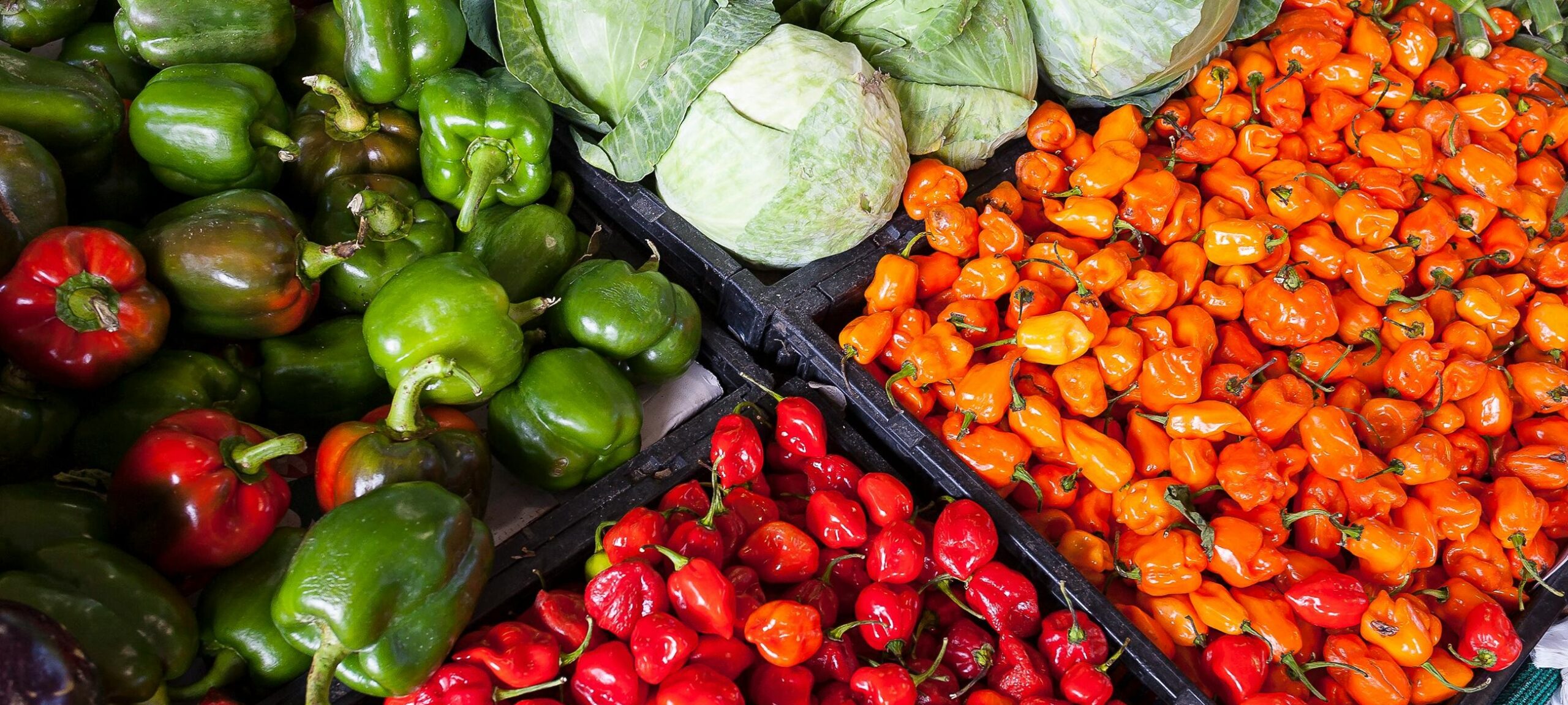Nigeria’s agricultural sector holds immense potential for investment, making it one of the most promising areas for economic growth in the country. Agriculture contributes about 23% to Nigeria’s GDP, employing over 35% of the labor force, and it is a critical sector that drives both domestic food production and export revenues. With a population exceeding 200 million people and a rising middle class, the demand for food and agricultural products is increasing steadily, presenting a vast market for investors.

Agricultural Exports and Global Market Access
Nigeria’s climate and fertile land are conducive to the cultivation of a variety of crops, which has helped position the country as one of the top exporters of certain agricultural products. Cocoa is one such crop, with Nigeria being the fourth-largest producer globally. Cocoa production provides an opportunity for investment, not only in farming but also in value-added processing, which remains underdeveloped. The global demand for chocolate and cocoa products continues to grow, which further enhances this sector’s appeal.
Palm oil is another key commodity. Historically, Nigeria was the world’s largest producer of palm oil before falling behind due to underinvestment. However, renewed efforts by the government to boost production have reignited interest in the palm oil industry. With a large domestic market and increasing export opportunities, investment in palm oil plantations, milling, and downstream products is a lucrative avenue.
Livestock and Aquaculture
Nigeria has a significant livestock sector, including cattle, poultry, and sheep farming. The country’s growing urban population is driving demand for meat, dairy, and eggs. Investments in modern livestock farming techniques, including improved breeding and animal health management, have the potential to increase yields and profitability.
Aquaculture is also an area with great promise. Nigeria is the largest producer of catfish in sub-Saharan Africa, and there is a rising demand for fish to meet protein needs. Investments in fish farming (aquaculture), fish processing, and cold storage facilities could prove profitable, given the country’s need to reduce fish imports and increase local production.
Staple Crops and Food Security
Staple crops like maize, rice, and cassava form the backbone of Nigerian agriculture. Rice is especially critical, as Nigeria is one of the largest consumers of rice in Africa, but local production has historically lagged behind demand. Investments in rice farming, milling, and distribution have been bolstered by government policies aimed at achieving self-sufficiency. In 2019, for example, the Central Bank of Nigeria launched the “Anchor Borrowers’ Program” to boost local rice production, and this has created opportunities for investors in related sectors such as irrigation, seed production, and farm machinery.
Cassava is another staple with untapped potential. Nigeria is the world’s largest producer of cassava, and while much of the crop is consumed domestically, opportunities exist in cassava processing for products like starch, flour, and ethanol. Investments in processing infrastructure can transform this sector from subsistence farming into a major industrial contributor.
Value Chain and Processing Opportunities
One of the key challenges facing Nigeria’s agriculture sector is the underdevelopment of the value chain. Post-harvest losses are significant due to inadequate storage, poor transportation infrastructure, and lack of processing facilities. However, this also presents opportunities for investors to build cold storage chains, food processing plants, and transportation logistics solutions that will improve the efficiency of agricultural supply chains.
For example, tomato production in Nigeria is large, but due to poor storage and processing facilities, the country still imports a substantial amount of processed tomato paste. Investments in food processing facilities that can handle perishable goods like tomatoes, vegetables, and fruits can help reduce import dependency and provide a boost to local producers.
Government Support and Policies
The Nigerian government has shown a strong commitment to reviving the agriculture sector through various policies and incentives. These include tax exemptions for agricultural investments, access to low-interest loans, and import bans on certain agricultural products to encourage local production. The Nigeria Agricultural Promotion Policy (APP) aims to make Nigeria self-sufficient in food production and to promote agricultural exports. These policies make it an attractive time for both local and foreign investors to enter the sector.
Conclusion
The agricultural sector in Nigeria presents numerous investment opportunities across multiple areas including export crops, livestock, aquaculture, staple crops, and value chain infrastructure. With a growing population, increasing food demand, and government support, the sector is ripe for investment. For investors looking for sustainable growth, agriculture offers both short-term profitability and long-term potential in one of Africa’s largest economies.





